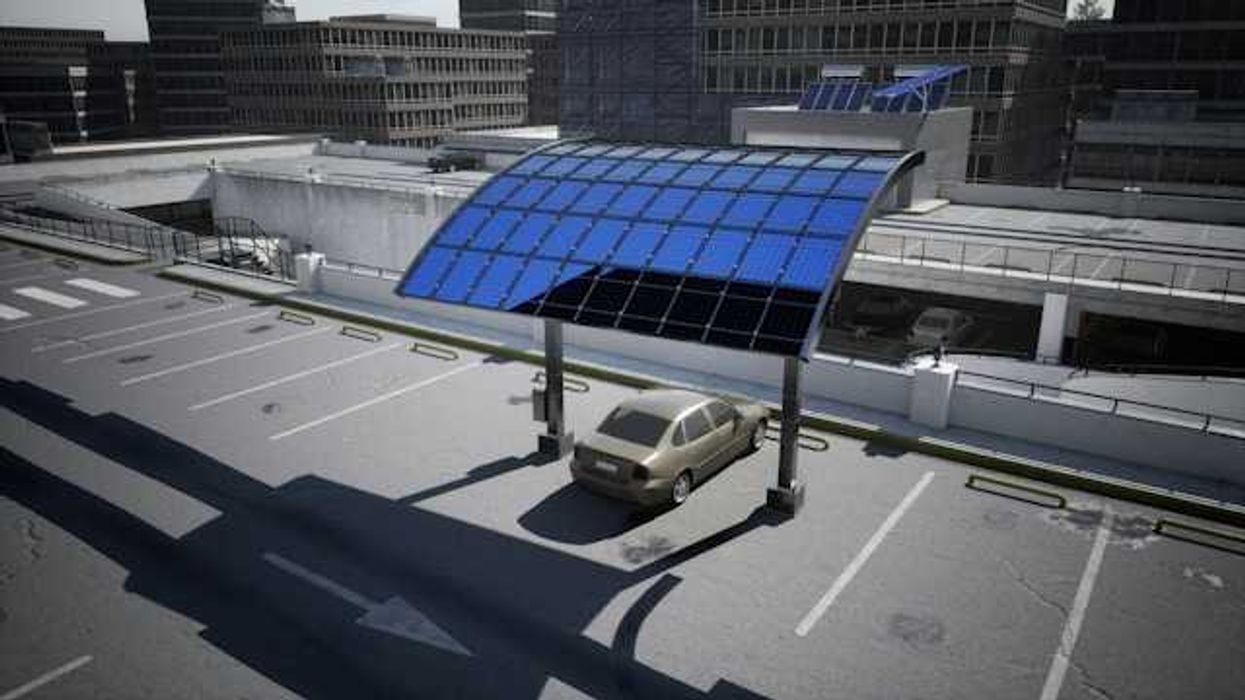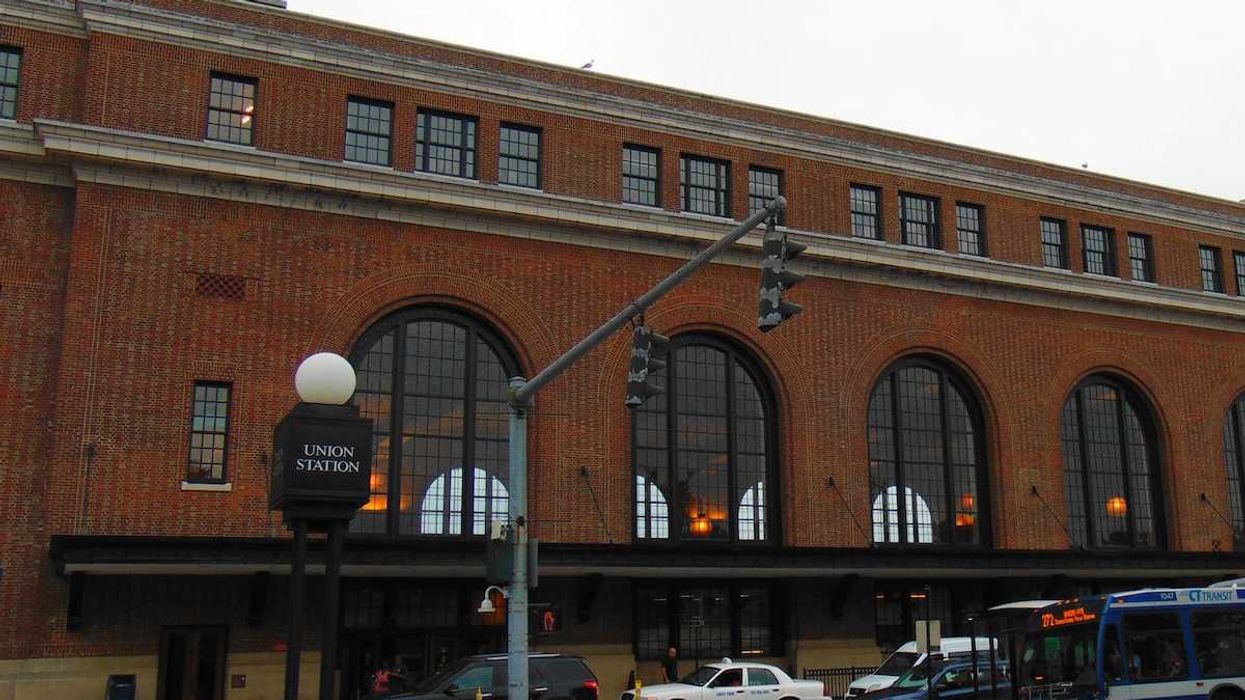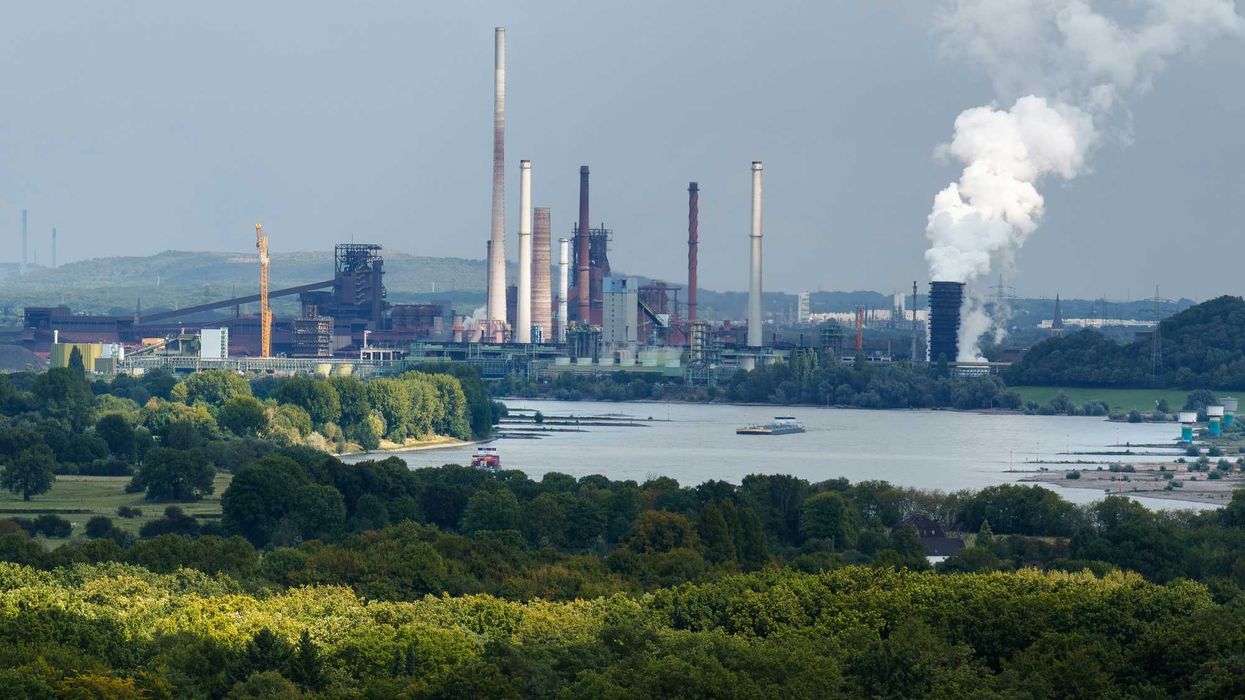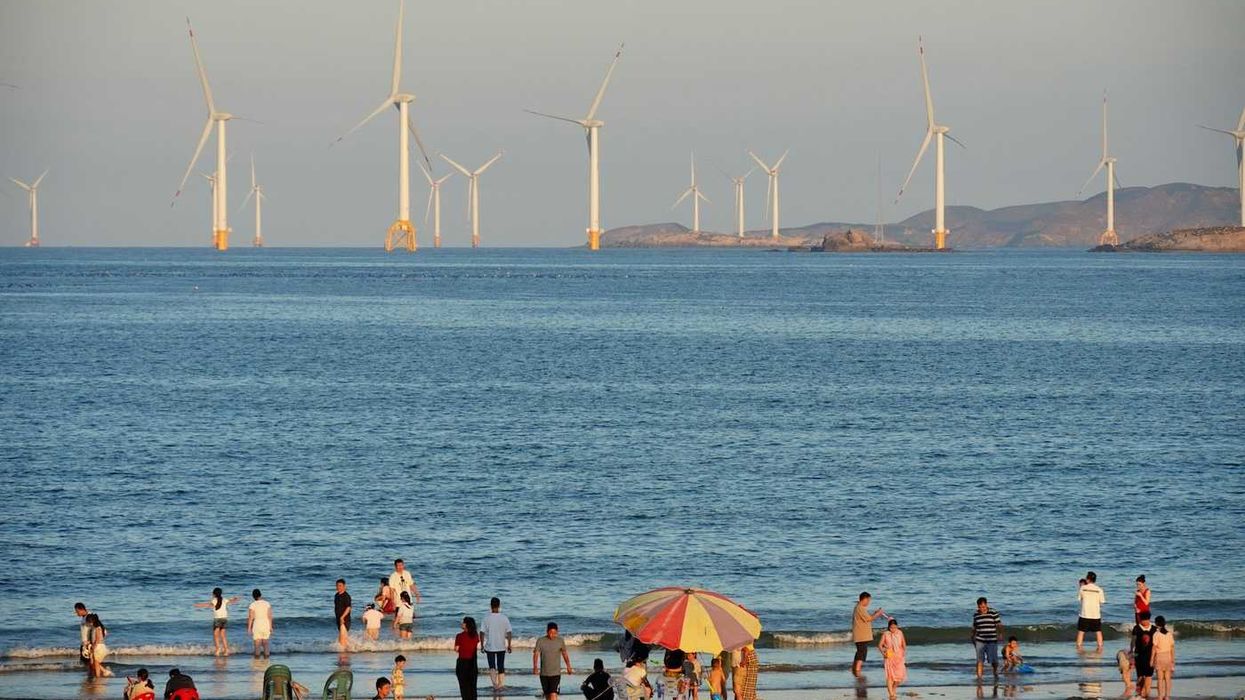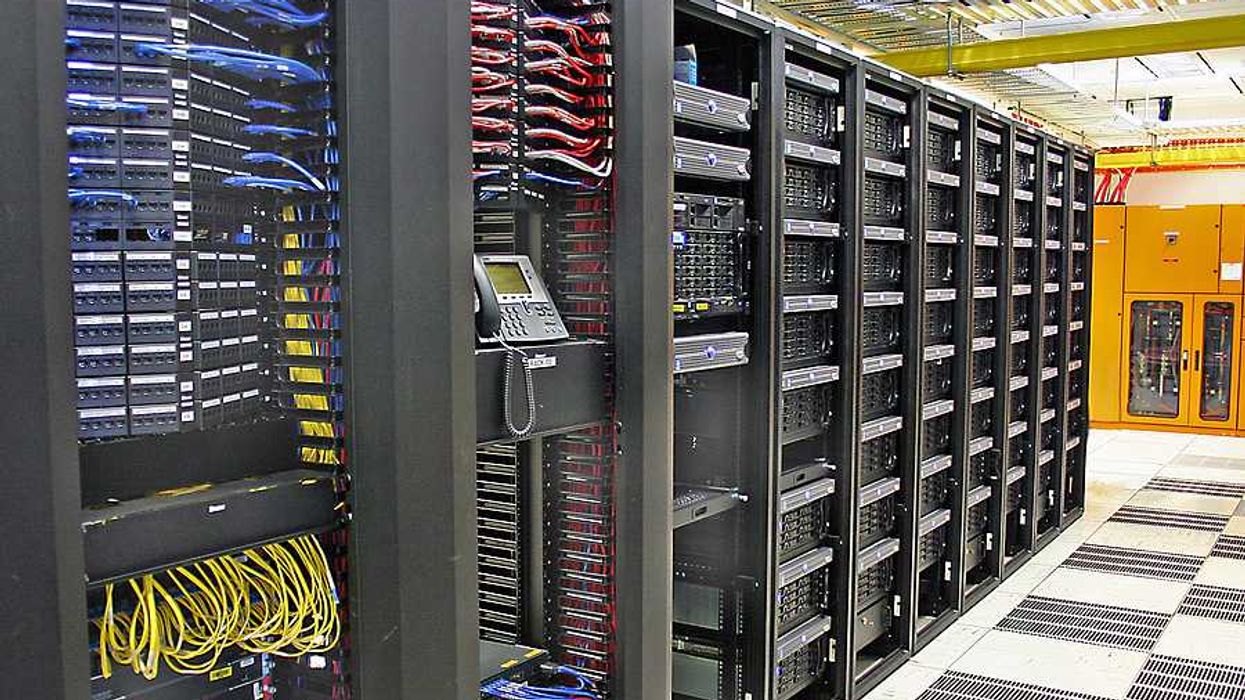State transportation departments nationwide are pushing highway expansions that increase traffic and emissions despite claiming these projects fight climate change.
In short:
- Texas and other states argue that highway widening reduces emissions by easing traffic congestion, but evidence shows it leads to more cars and higher emissions.
- Induced demand, where increased road capacity leads to more driving, nullifies the initial congestion relief from highway expansions.
- Alternatives like mass transit and denser urban development can effectively reduce emissions and traffic.
Key quote:
“There’s enough research out there showing again and again that it doesn’t work. You would think they would know better.”
— Wes Marshall, licensed traffic engineer, urban planning professor at the University of Colorado-Denver, and author of the new book Killed by a Traffic Engineer
Why this matters:
Highway expansions exacerbate climate change by encouraging more driving and emissions. Redirecting funds toward sustainable transportation can better address environmental and traffic concerns.





